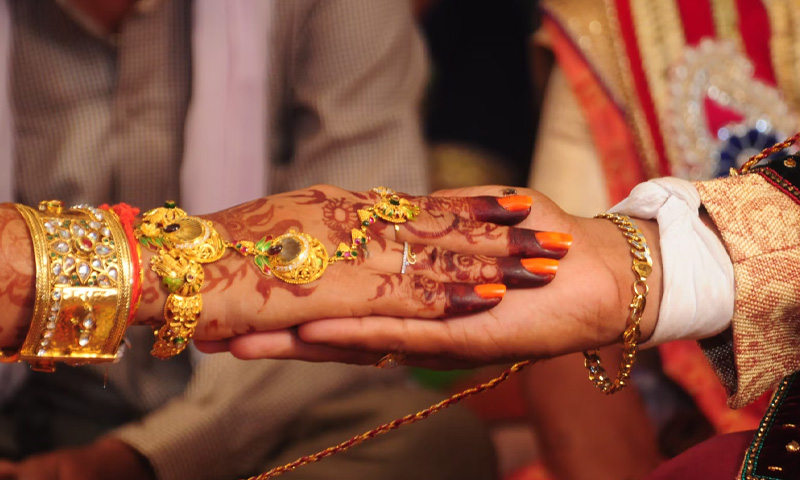Marriage Between Hindus Cannot Be Dissolved By Compromise In Proceedings U/S 125 CrPC: Allahabad High Court
Upasna Agrawal
16 March 2024 11:30 AM IST

Next Story
16 March 2024 11:30 AM IST
The Allahabad High Court has held that a legal marriage between two Hindus cannot be dissolved by way of a compromise entered into at the time of proceedings for maintenance under Section 125 of CrPC. The Court held that any such marriage can only be dissolved by a decree passed a competent Court under the Hindu Marriage Act, 1955.The bench comprising of Justice Ashwani Kumar Mishra and...
